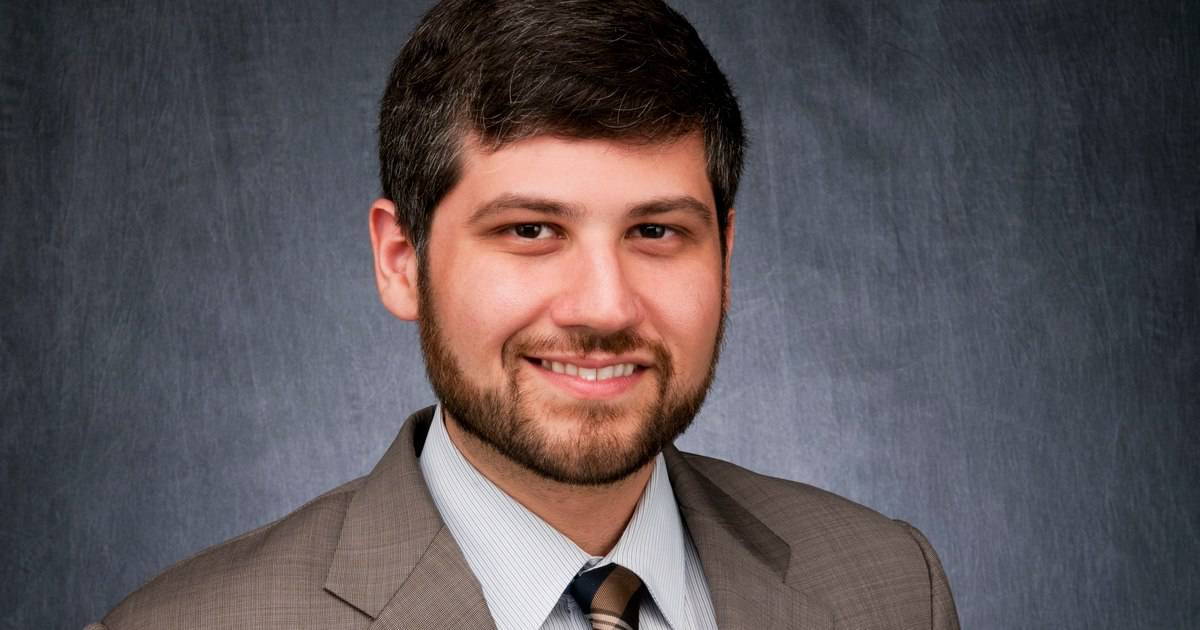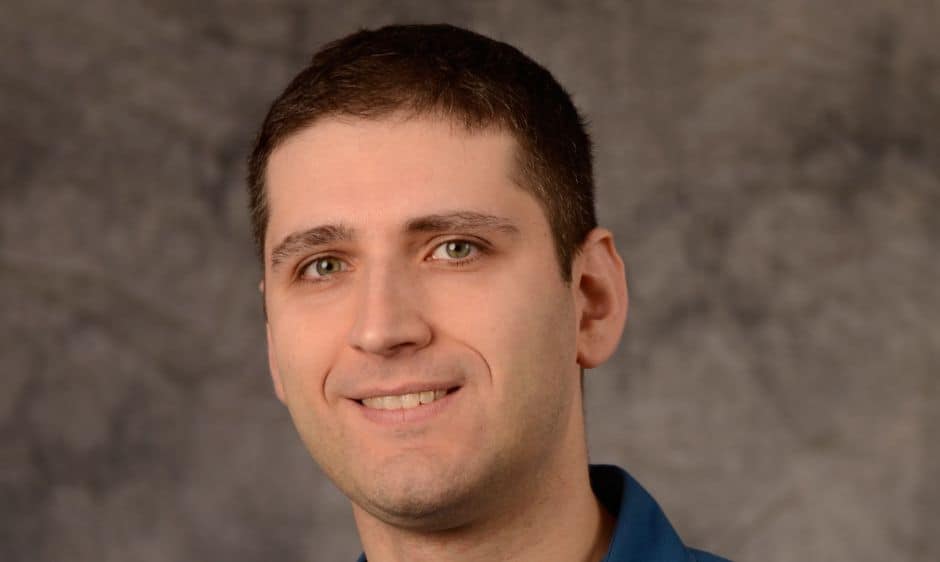Introduction
When Connecticut Democrat Chris Dodd first ran for the Senate in 1980, his campaign cost only about $1.4 million. But three decades later, running for office has grown far more expensive — Dodd had already spent nearly $1.8 million in the first three-quarters of 2009 in anticipation of his now-aborted 2010 re-election campaign. With the announcement this week that Dodd would retire, rather than seek a sixth term, we took a look at his biggest sources of campaign cash over the course of that long Senate tenure. Of the $10 million-plus he’s received from hundreds of political action committees (in addition to millions from individuals) since the dawn of his first campaign through his late 2009 filings, at least $981,250 came from just ten sources. These are the top ten PACs that have supported Dodd over his entire Senate career:
1. Bank of America at least $165,299
2. JPMorgan Chase at least $150,603
3. American Bankers Association at least $101,560
4. CME (Chicago Mercantile Exchange) Group at least $94,000
5. Securities Industry and Financial Markets Association at least $87,776
6. Pfizer at least $82,700
7. PricewaterhouseCoopers at least $76,500
8. Hartford Financial Services Group at least $76,100
9. American Federation of State, County and Municipal Employees (AFSCME) at least $75,000
10. Independent Insurance Agents & Brokers of America at least $71,712
Given Dodd’s long history on the Senate Banking, Housing, and Urban Affairs Committee, which he has chaired since 2007, and the prominent role the financial services sector plays in his home state of Connecticut (and neighboring New York City), it comes as little surprise that eight of the top ten donors are financial services companies or trade associations. While Dodd’s recent regulatory reform efforts did not endear him to the banking sector, a 2007 Washington Post article dubbed him “The Banker’s Candidate,” and quoted industry spokesmen — including the American Bankers Association’s president — acknowledging the close relationship the community enjoyed with Dodd.
Dodd is also one of the most senior Democrats on the Senate Health, Education, Labor and Pensions Committee, which could well explain the large contributions from pharmaceutical giant Pfizer and labor union AFSCME. Dodd is one of the chief architects of the pending health care reform bill, which has received significant backing from the pharmaceutical industry. And according to AFSCME’s most recent Congressional scorecard, Dodd voted with the group’s interests 100 percent of the time in 2008 and 90 percent of the time over the course of his career.
The totals include contributions to Dodd’s Senate campaign account, his 2008 presidential committee, and his Citizens for Hope, Responsibility, Independence, and Service (CHRIS) leadership PAC. The amounts include predecessor companies and associations, such as banks joined by mergers and acquisitions.
The Independent Insurance Agents and Brokers of America declined to comment for this story. A spokeswoman for Bank of America noted that their PAC is “funded by voluntary contributions by associates who want to participate in the political process,” and that they, not the corporation, determine the PAC’s disbursements. A spokeswoman for CME asserted that the group’s annual contributions to Dodd were “relatively small,” and noted that CME’s PAC is designed to support legislators of both parties.
Requests to the other donors and the office of Senator Dodd for comment were not returned by press time.
Read more in Money and Democracy
Money and Democracy
Will the Citizens United ruling let Hugo Chavez and King Abdullah buy U.S. elections?
Supreme Court ruling may open door to foreign state-owned corporate political spending
Money and Democracy
Commentary: Supreme Court ruling may help spur the buying of American politicians
5-4 <i>Citizens United</i> Decision Ends Decades of Corporate Political Activity Restrictions


Join the conversation
Show Comments